Car engines, bespoke medicines, organs for transplant, food, fashion and now even a whole street of houses… Is the all-conquering promise of 3D printing finally coming true? By Tim Lewis.
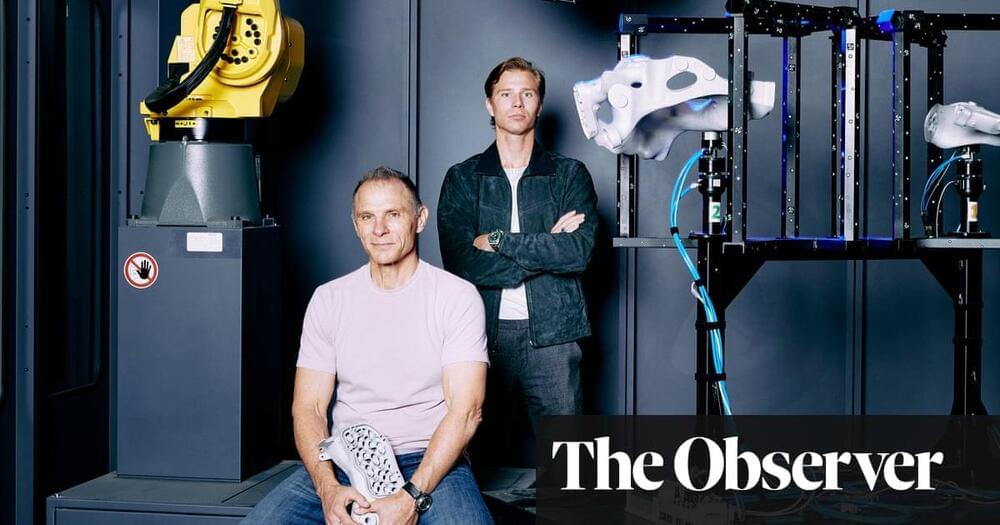

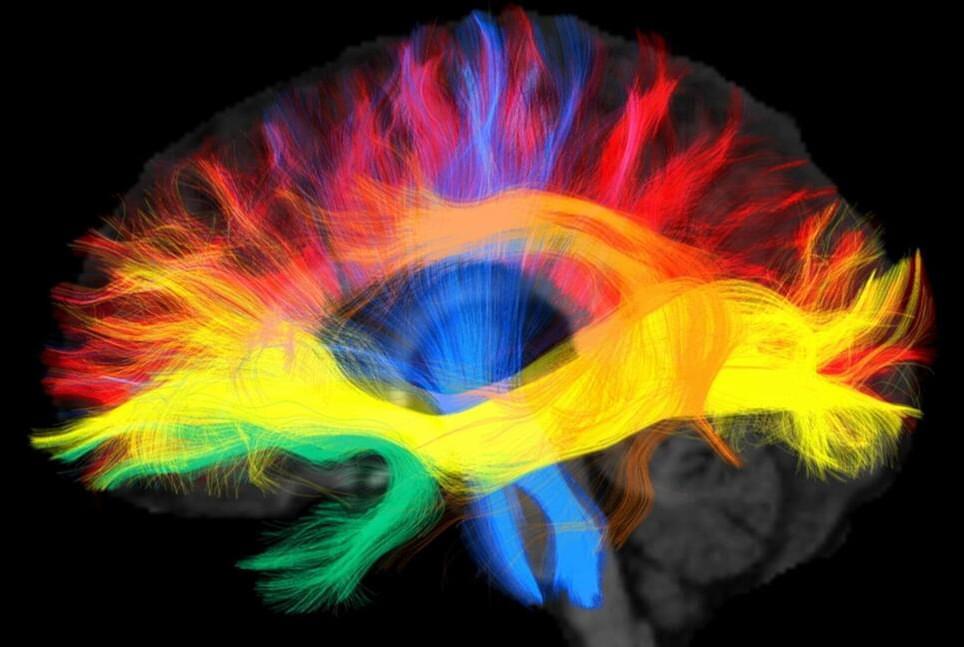
Scientists at the Max Planck Institute for Human Cognitive and Brain Sciences in Leipzig have found evidence that the language we speak shapes the connectivity in our brains that may underlie the way we think. With the help of magnetic resonance tomography, they looked deep into the brains of native German and Arabic speakers and discovered differences in the wiring of the language regions in the brain.
Xuehu Wei, who is a doctoral student in the research team around Alfred Anwander and Angela Friederici, compared the brain scans of 94 native speakers of two very different languages and showed that the language we grow up with modulates the wiring in the brain. Two groups of native speakers of German and Arabic respectively were scanned in a magnetic resonance imaging (MRI) machine.
The high-resolution images not only show the anatomy of the brain, but also allow to derive the connectivity between the brain areas using a technique called diffusion-weighted imaging. The data showed that the axonal white matter connections of the language network adapt to the processing demands and difficulties of the mother tongue.
Two newly discovered genes have been linked to schizophrenia while a previously known gene associated with schizophrenia risk has also been linked to autism in a massive new study.
Scientists say the findings increase our understanding of brain diseases and could lead to new treatment targets.
Importantly, this is the first known investigation to look at the risk of schizophrenia in different groups of people, especially those with African ancestry. It revealed rare harmful variations in gene proteins raise the risk of schizophrenia in all ethnic groups.

😗
Martian soil is generally poor for growing plants, but researchers have used CRISPR to create gene-edited rice that might be able to germinate and grow despite the hostile habitat.
By Leah Crane
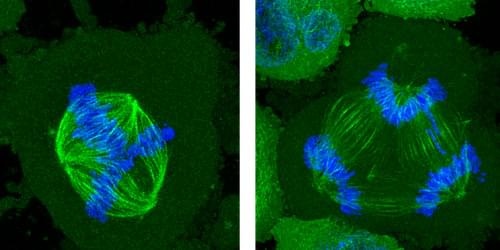
Segregation of chromosomes in dividing cells can be disrupted if the cells are constrained by their surroundings.
One of the aberrant features of cancer cells is a failure to distribute chromosomes properly when the cells divide. Researchers have now found that a specific problem with the chromosome-distribution machinery can become more common in cancer cells confined within shallow microscopic channels—but also that, surprisingly, increasing the physical constraints can suppress these errors [1]. Such confinement mimics the effects of crowding by surrounding cells in a tumor, and the researchers believe the results might help to explain what goes awry in cancers and perhaps offer clues to how it might be put right.
In a healthy, dividing cell, after the genome is replicated, the chromosomes are segregated into two groups. Both groups are bound to the mitotic spindle, a bundle of aligned filaments (called microtubules) that are pinched together at the ends into structures called poles. The chromosomes are then drawn along the microtubules toward the poles. A key cause of improper chromosome segregation in cancer cells is the formation of spindles with more than two poles. Multipolar spindle formation inside living organisms may differ from the phenomenon when observed in cells grown in a dish [2], so it is possible that the confining effect of the surrounding cells in a tissue has some influence on this process.
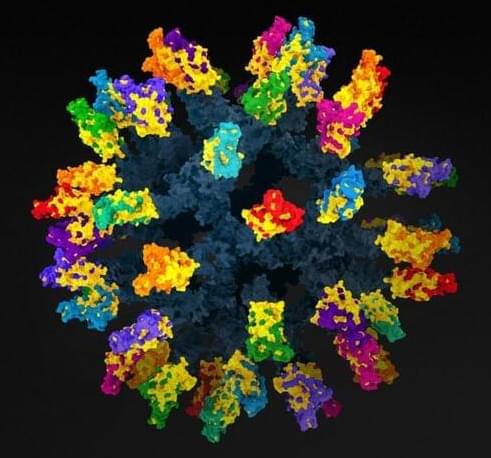
Year 2022 😗😁 Basically more thought on this virus seems more like a foglet biotechnology so it would stand to reason that a nanotechnology with biotechnology could solve the universal vaccine.
Ending the covid pandemic might well require a vaccine that protects against any new strains. Researchers may have found a strategy that will work.
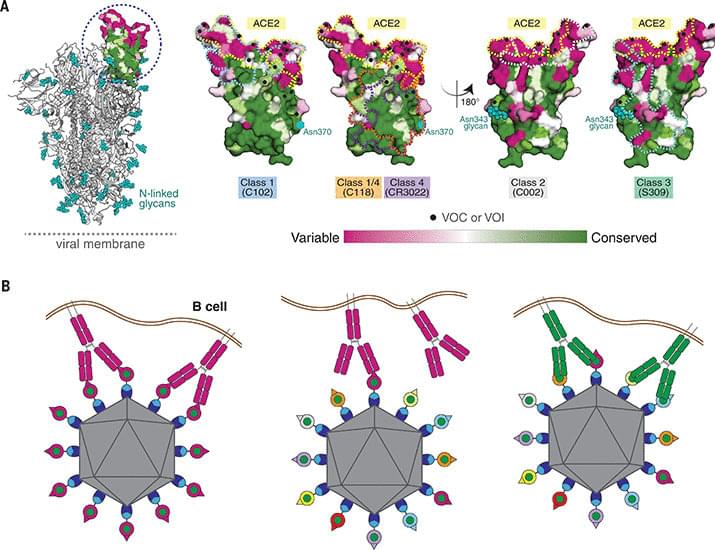
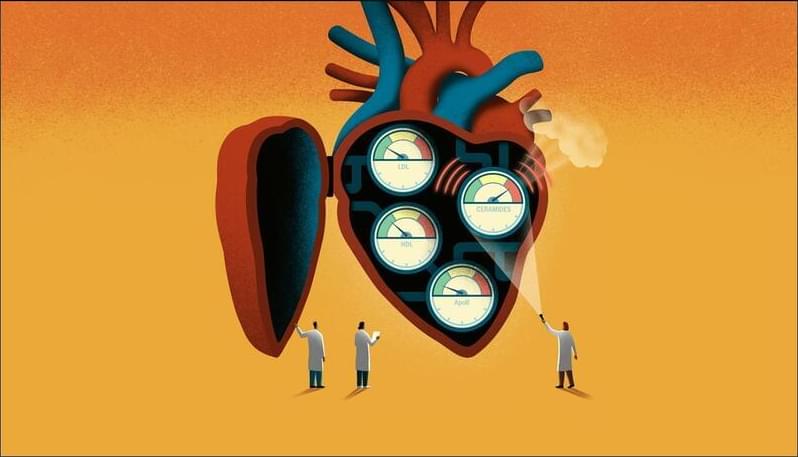
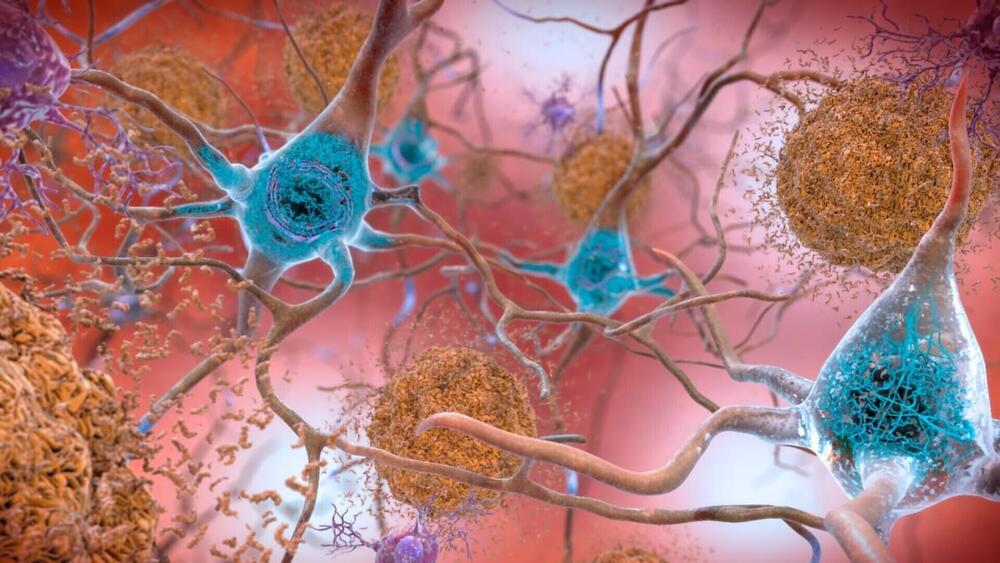
(NewsNation) — Studies have shown that Alzheimer’s may become the defining disease of the baby boomer generation.
According to The Alzheimer’s Association, the number of people age 65 and over living with Alzheimer’s now is nearly 7 million. That number is expected to rise to over 13 million by 2050.
Physician and best-selling author Dr. Ian Smith says it’s not known exactly what causes Alzheimer’s.
